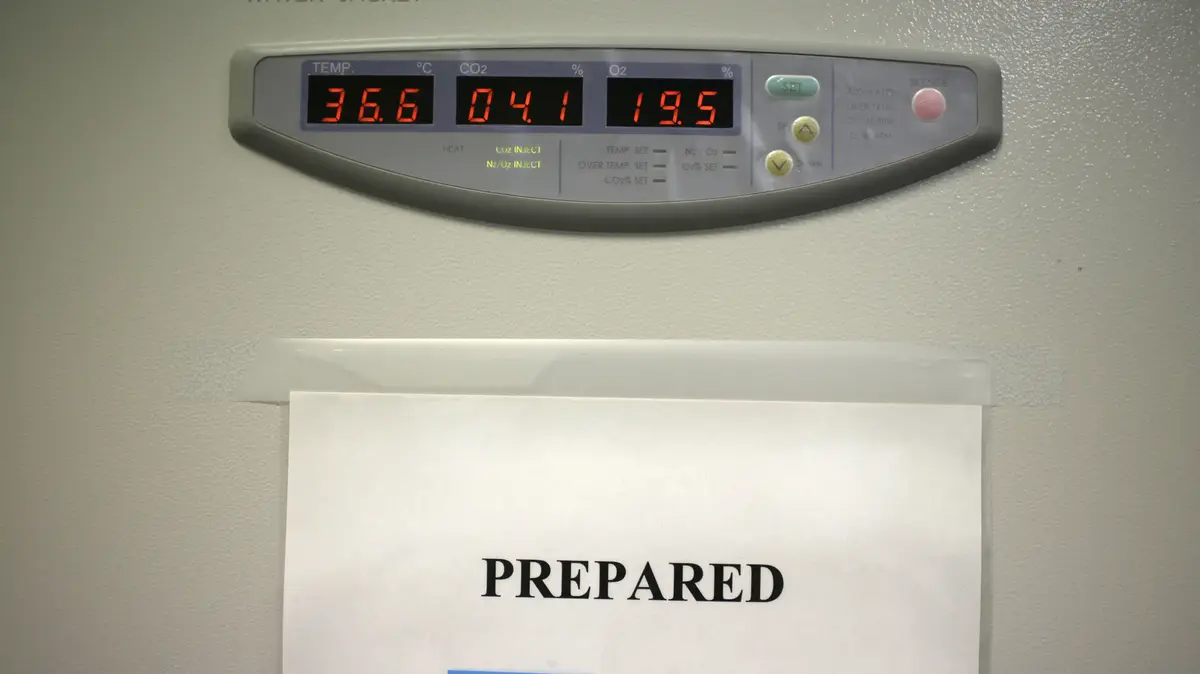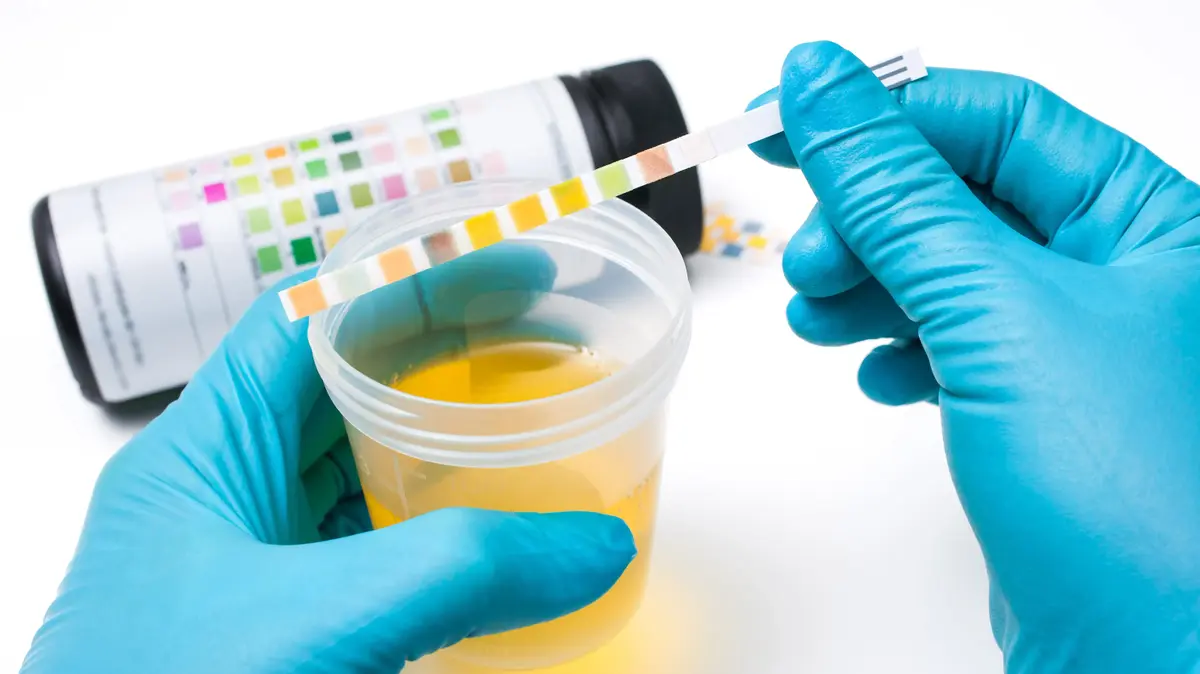Prof. Hagai Levin Sperm Count Research (Hebrew University)
Donating sperm is not as easy a process as some think.
A new study reveals that less than four out of 100 men who donate sperm make it to the final stages of the process.
A team from the University of Sheffield worked with the world's largest sperm banks, Cryos International, to examine what happened to more than 11,700 men in the United States and Denmark who applied to be sperm donors.
The results show that more than half of the men who applied (54.91%) withdrew from the program before samples were released for use.
About one in six men in the study (17.41%) were rejected because of health problems - were carriers of a genetic disease, or had an untreated infectious disease.
The findings, published in the journal Human Reproduction, also revealed that slightly more than one in 10 candidates (11.71%) failed a screening questionnaire regarding their lifestyle.
A similar number (11.2%) did not meet the sperm quality level for donation.
"To the best of our knowledge this is the largest study of sperm donor candidates outside of China, and given the fact that the UK relies so heavily on imported sperm from the US and Denmark, it is important for us to understand the recruitment processes there and reassure ourselves that they are safe, as well as see if there is anything we can do to do to improve them," says lead author Professor Alan Facey, Professor of Andrology and Head of Oncology and Metabolism at the University of Sheffield.
More:
1 in 100 men have no sperm at all. Why is this happening?
Worrying: Men's sperm count has dropped by 50 % in the last 50 years
It's not that simple to be a sperm donor.
A seed preservation container (Photo: AP)
For the new study, Prof. Pacey and the team looked at how many of the donors at Cryos consented to being identified compared to those who did not.
They found that more than four in 10 donor candidates (41.27%) initially consented to identification.
It was more common for applicants in Denmark to agree to give up their anonymity compared to applicants from the US. The team also found that as the screening and donation process continued, more of the donors who initially wanted to be anonymous agreed to become identified.
"The study highlights how difficult it is to become a sperm donor.
It's not like donating blood where once it's done you can have a cup of tea and go home.
"Sperm donation is a permanent commitment with many regular screenings and tests, as well as lifelong consequences for the donor if there are children born from his donation," says Prof. Pacey. "What is particularly fascinating is that more donors, who initially wanted to remain anonymous, were willing to be given to be identified as the sorting and donation process continues."
health
news
Tags
seed
men
Sperm donation













